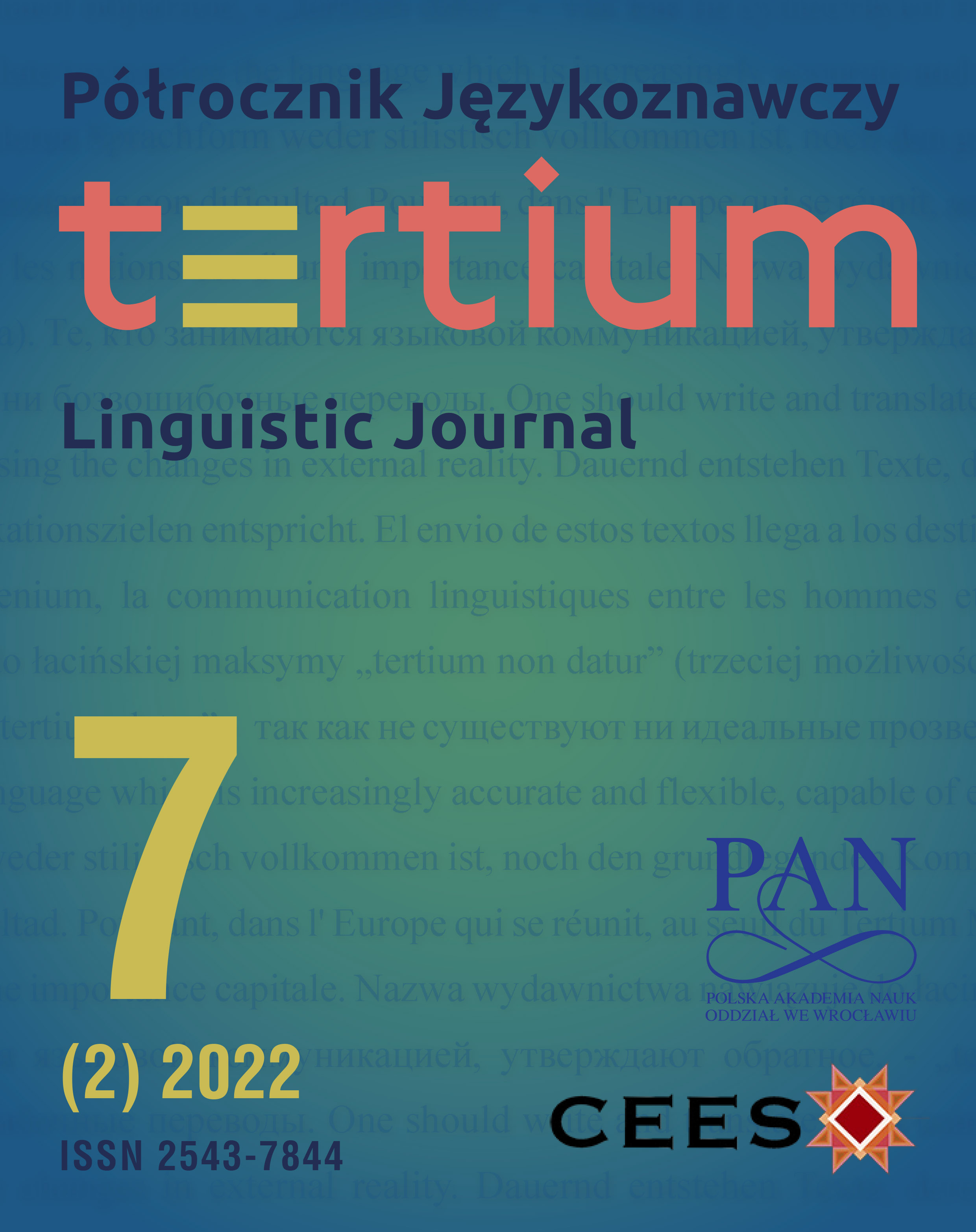Zapomniany język. Symbolizm archaiczny i współczesny w świetle filozofii symbolu i psychoanalizy
Forgotten Language. Archaic and Contemporary Symbolism in the Perspective of Philosophy of Symbol and Psychoanalysis
Author(s): Jan KalinowskiSubject(s): Psycholinguistics, Sociolinguistics, Philosophy of Mind, Psychology of Self, Clinical psychology
Published by: Krakowskie Towarzystwo Popularyzowania Wiedzy o Komunikacji Językowej Tertium
Keywords: myth; symbolic language; unconsciousness; consciousness; sacred and profane; psychoanalysis; phenomenology; hermeneutics;
Summary/Abstract: This article has primarily synthetic and philosophical character. It aims to focus the standpoint concerned with the revalorisation of symbol and myth, which is dispersed among numerous humane disciplines, that echoed in the first and second half of 20th century, on the crisis of Western culture and the issue of self-understanding. This synthesis includes philosophy of symbol of Paul Ricoeur, philosophy of symbolic forms of Ernst Cassirer, religious studies of Mircea Eliade and psychoanalysis and philosophy of culture of Erich Fromm (and to some extent Carl G. Jung). Due to the philosophical subject-matter, which requires continuous effort of re-reading and successive reinterpretations (evidence of which are publishing dates of latest editions and translations reaching year 2020), and due to long- lasting and – in its tendency – unchanged character of the crisis of Western culture, I limit this research mainly to source literature and in some exceptions to literature of 21st century. In this work I describe the symbolic language, which is presented as the so called “forgotten language” (Fromm), that expresses significant and – in author's mind – not well understood Today aspects of human existence related to self-understanding and self-consciousness. I explain the notion of a “universal symbol” of Fromm and Ricoeur and place the question on the capability of such sign to express and explain experiences of modern man. The positive answer is proposed, due to the emotional and existential values underlying modern behaviours and thinking, which requires specific signs of metaphorical and synthetic character, that are able to express emotional ambivalence as well as critical yet dynamic moments of life of the individual. Also the criticism is put forward to the naive interpretation of „myth” that is derived from its original symbolic and religious context and its instrumental use, which becomes dangerous social phenomenon, that is threatening the existence of modern culture today.
Journal: Półrocznik Językoznawczy Tertium
- Issue Year: 7/2022
- Issue No: 2
- Page Range: 140-156
- Page Count: 17
- Language: Polish

